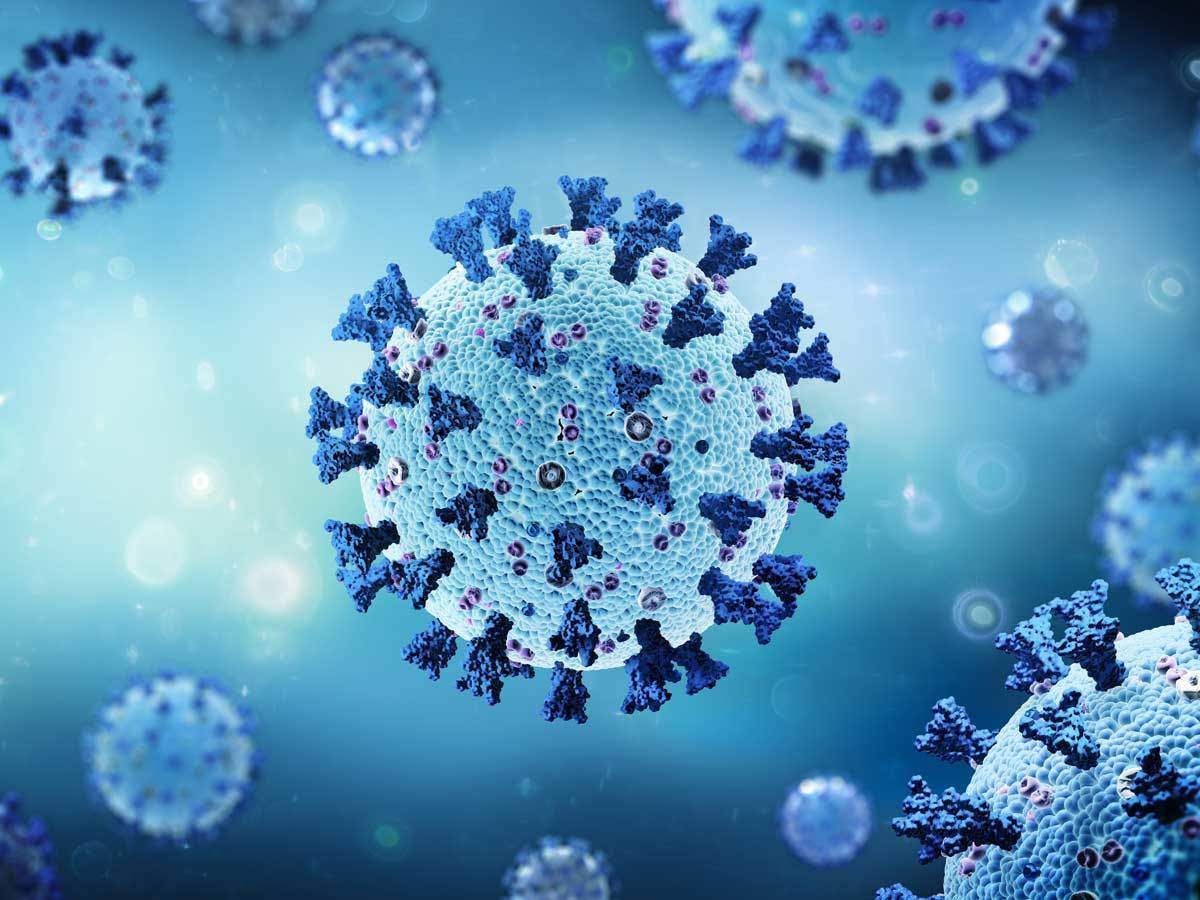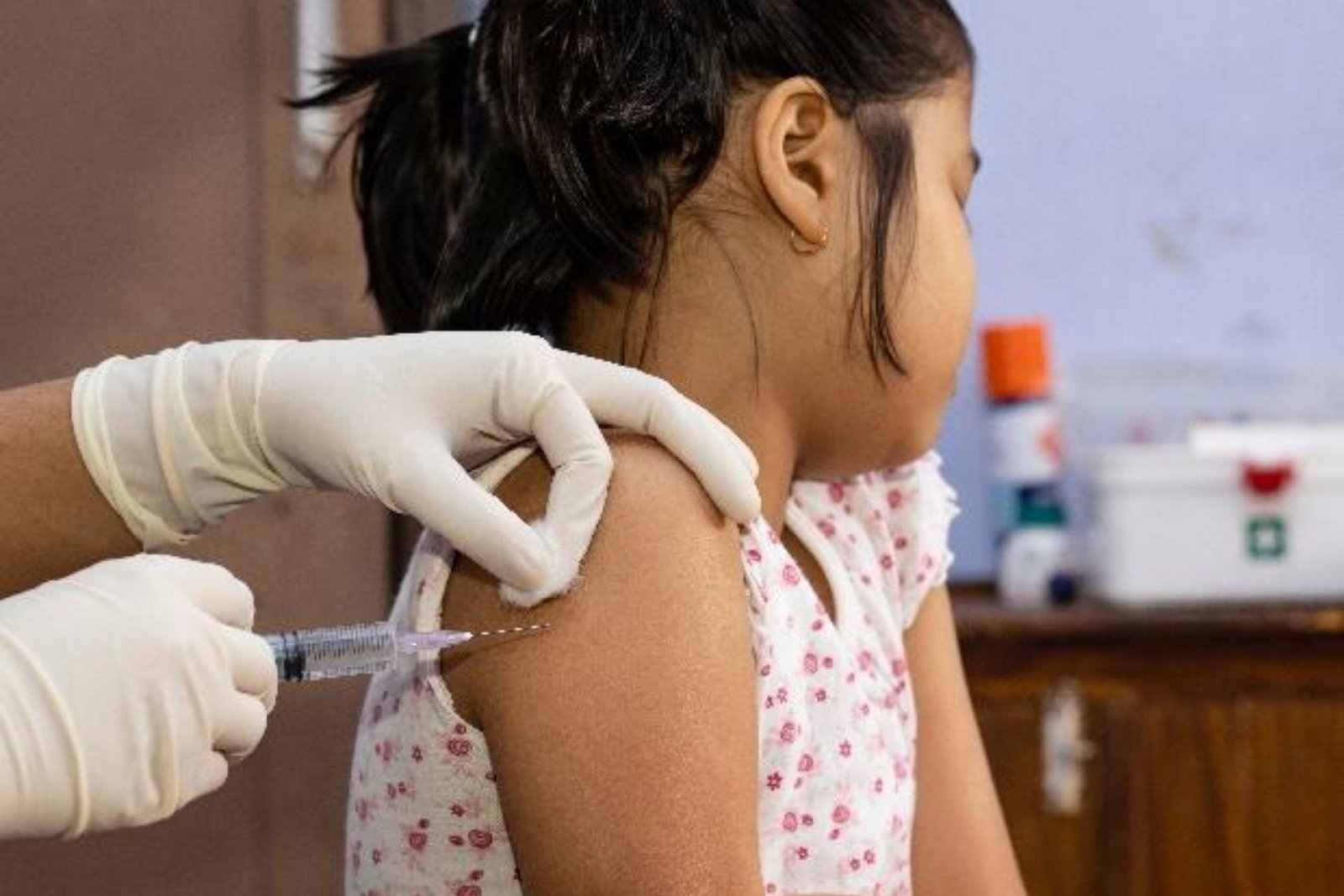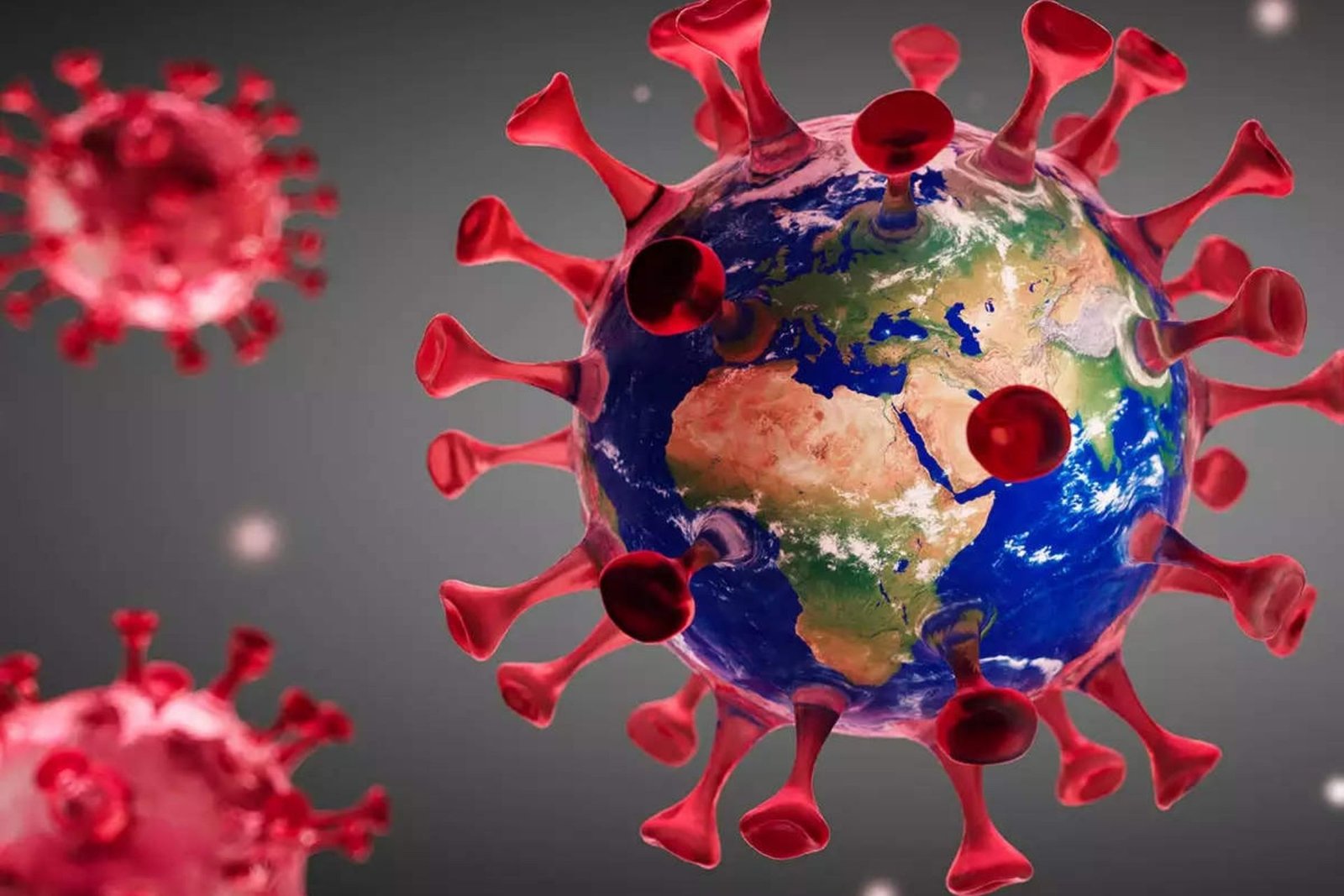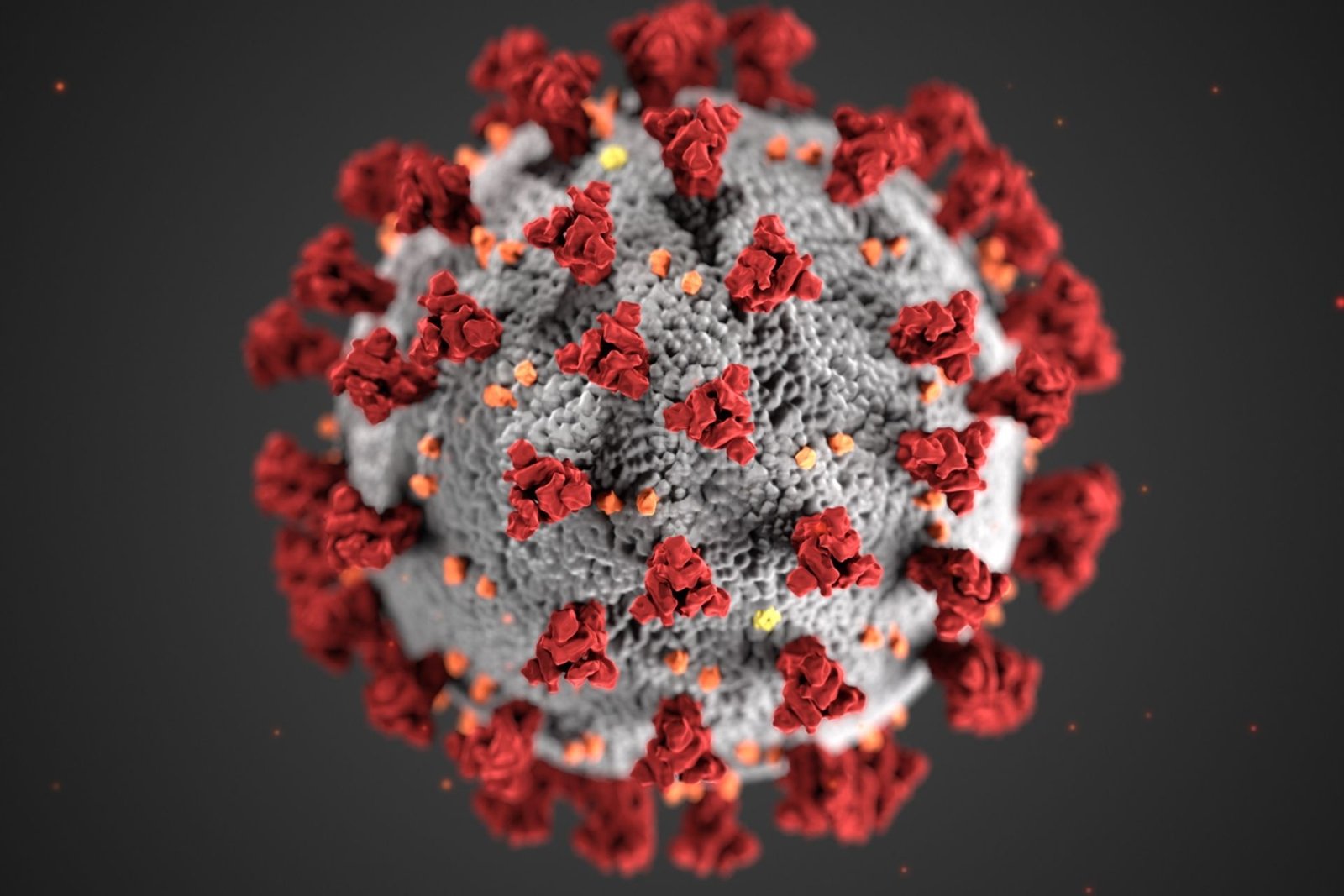WBAY-TV GREEN BAY, Wis. (WBAY) – Sneezing, coughing, and teary eyes are all symptoms of an especially bad allergy season. With the increase in COVID-19 cases in the fall, it begs the question: how can you tell if it’s allergies or a case of the coronavirus?It can be difficult to distinguish the key differences between the two.“Some of the things we would not see when it comes to allergies are things like fevers, changes in muscle aches, or shortness of breath,” said Rachel Chastain, a nurse practitioner and allergy specialist at Bellin Health.Nasal congestion and a runny nose are symptoms shared by COVID-19 and seasonal allergies. Irritating conditions have afflicted many people this summer and may persist into the fall.
“A lot of factors contribute to whether or not an allergy season is severe or minor,” Chastain explained.

“It could be related to weather patterns. It could be due to humidity or temperature. But, this year, a lot of the patients I’ve talked to have told me that their symptoms have been very pronounced and have lasted a long time.”We see tree pollen in the spring and weed pollen in the fall in northeast Wisconsin.
According to Kagen Allergy Clinic, Monday, September 27 had a very high risk of allergy and asthma symptoms due to weed and mould spores. (To view the Kagen Allergy Clinic’s daily allergy report, click here.)When it comes to determining whether you have allergies or COVID-19, Chastain recommends taking into account your current environment before jumping to any conclusions.“A lot of times, patients will tell me that they have this terrible set of symptoms for two weeks every August, and we can tag it right along with ragweed season,” Chastain explained. “However, if it’s a new onset thing. If it differs from your personal baseline. That causes me to be a little more concerned.”
When in doubt, discuss your symptoms with your doctor or an allergy specialist. They can advise you on how to avoid allergy triggers or provide medication.If you suspect you have COVID-19, the C.D.C. advises you to isolate yourself, rest, and inform those with whom you have had contact about your condition. (For more information from the CDC, click here.)
_______
COVID-19 | Don’t forget to follow us on Twitter @njtimesofficial. To get latest updates









